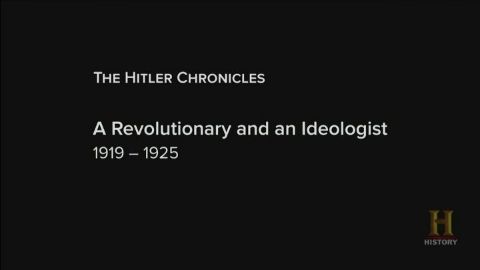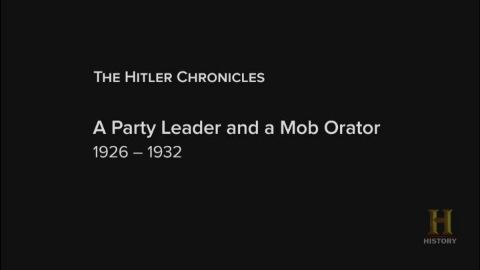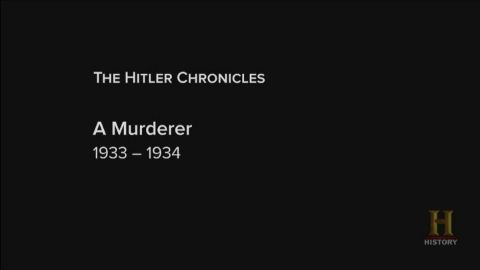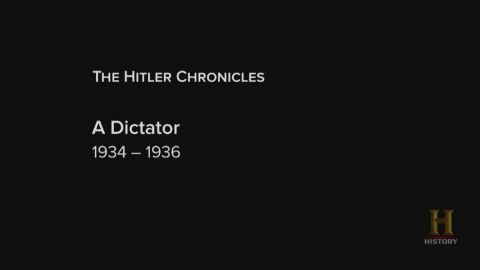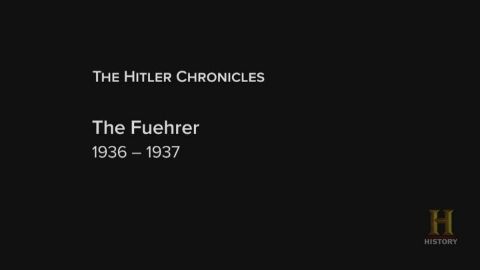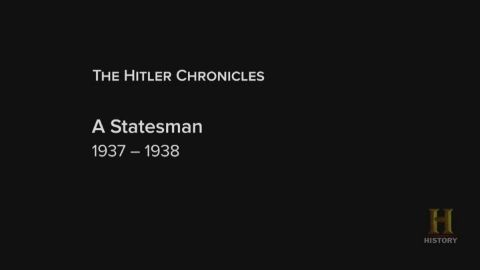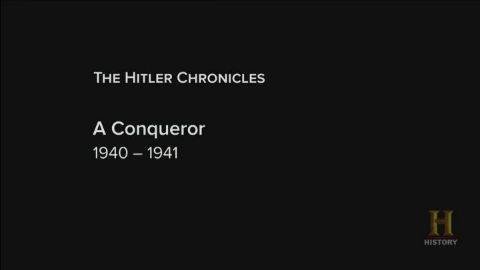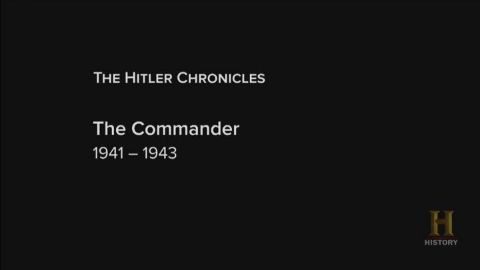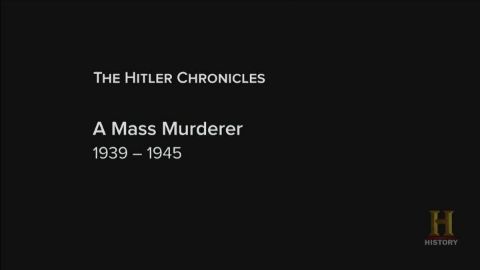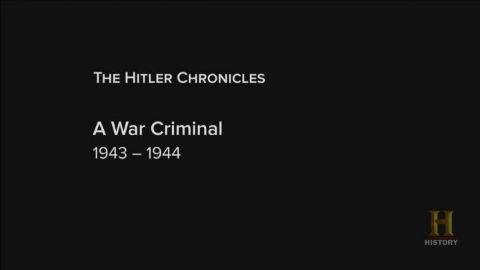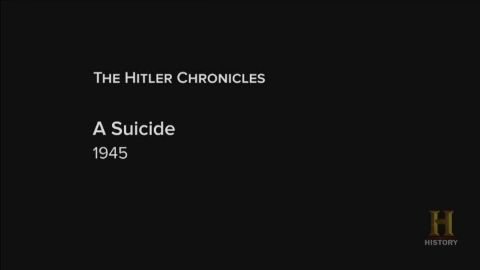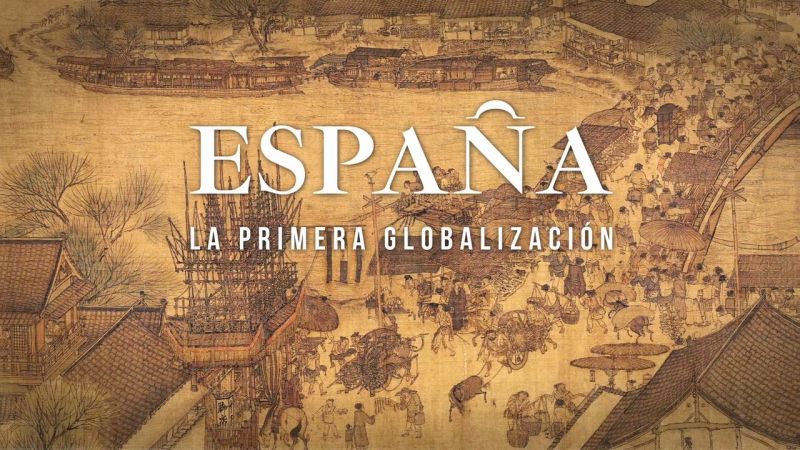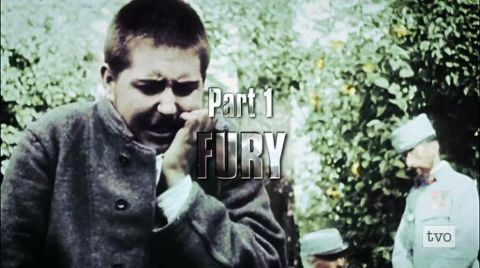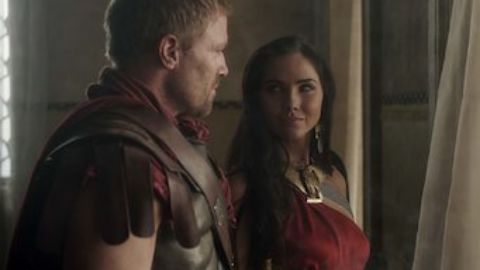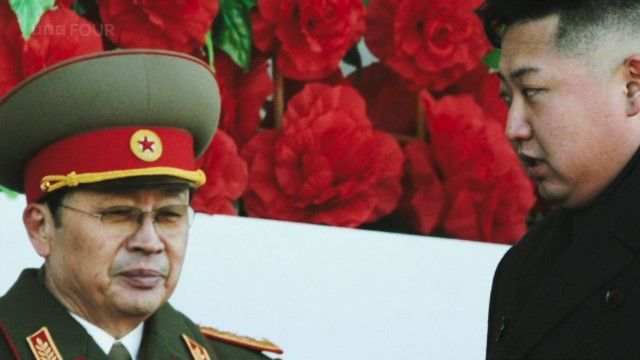A Statesman • 2018 • episode "7/13" • The Hitler Chronicles
In Benito Mussolini, Hitler finds an ally to whom he remains faithful until his downfall. The trips to Italy are the only foreign ones he undertakes. Hitler takes control of the army. The threat alone of an invasion is enough: the Austrian Chancellor allows Hitler to take over, 75% of the Austrian people want to be part of the German Reich. Planning to disintegrate Czechoslovakia, Hitler signs the Munich Agreement in September 1938, in which Czechoslovakia has to abdicate the territories of the so-called Sudeten Germans
Make a donation
Buy a brother a hot coffee? Or a cold beer?
Hope you're finding these documentaries fascinating and eye-opening. It's just me, working hard behind the scenes to bring you this enriching content.
Running and maintaining a website like this takes time and resources. That's why I'm reaching out to you. If you appreciate what I do and would like to support my efforts, would you consider "buying me a coffee"?
Donation addresses
BTC: bc1q8ldskxh4x9qnddhcrgcun8rtvddeldm2a07r2v
ETH: 0x5CCAAA1afc5c5D814129d99277dDb5A979672116
With your donation through , you can show your appreciation and help me keep this project going. Every contribution, no matter how small, makes a significant impact. It goes directly towards covering server costs.

